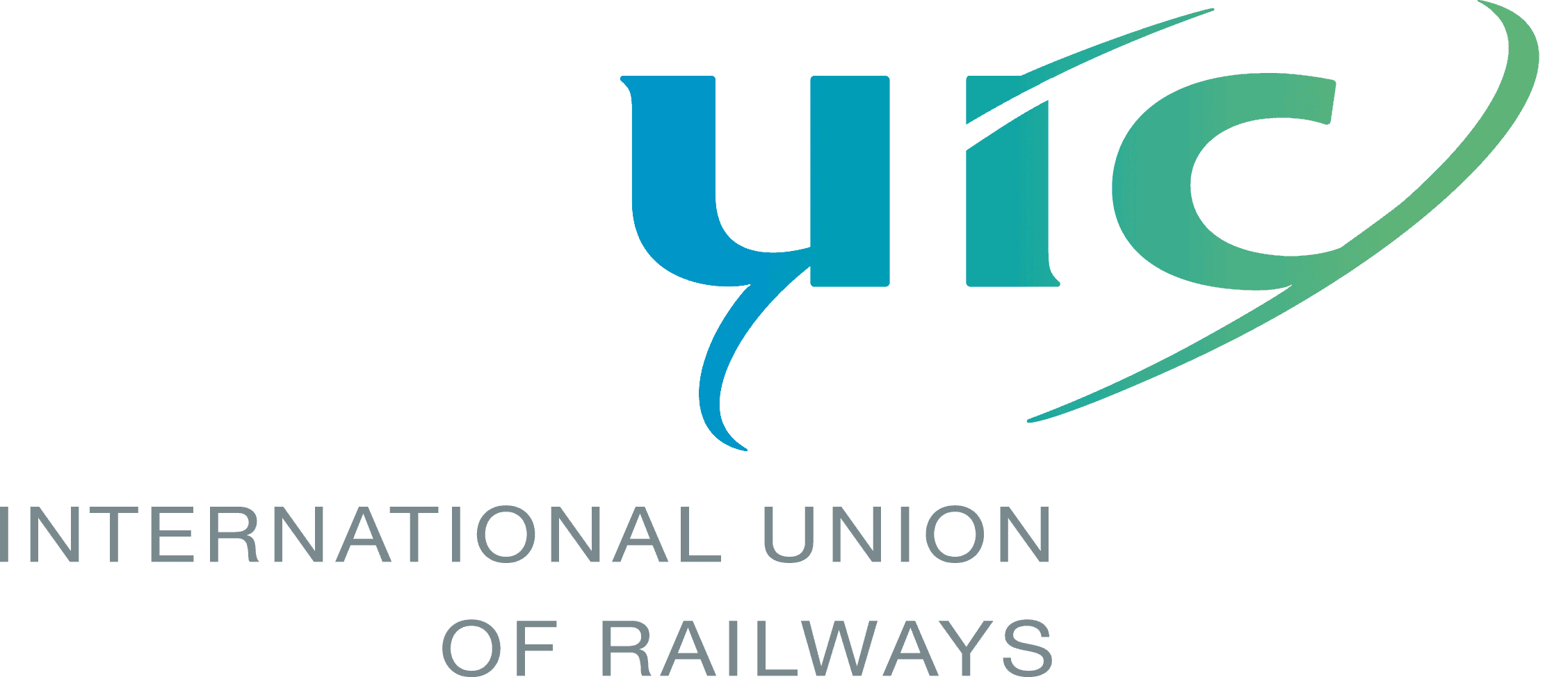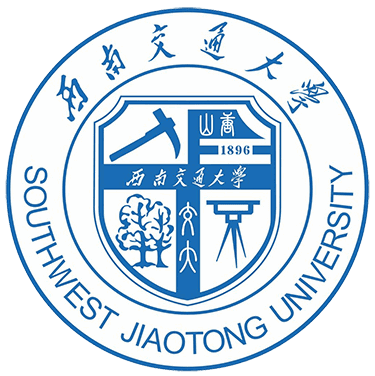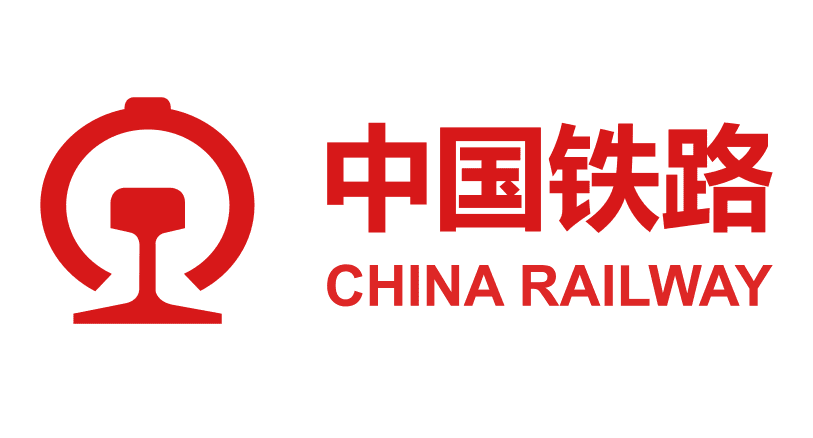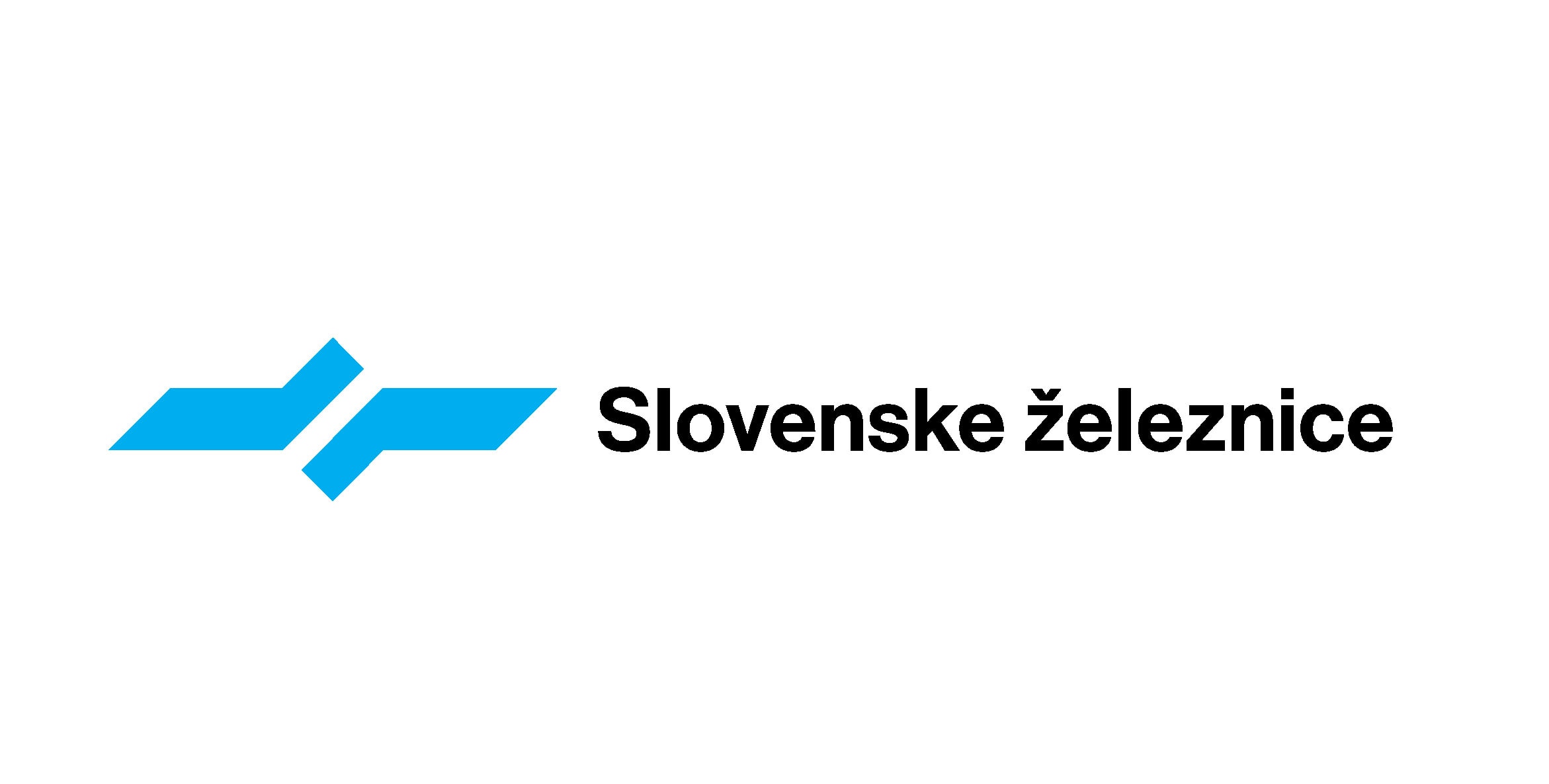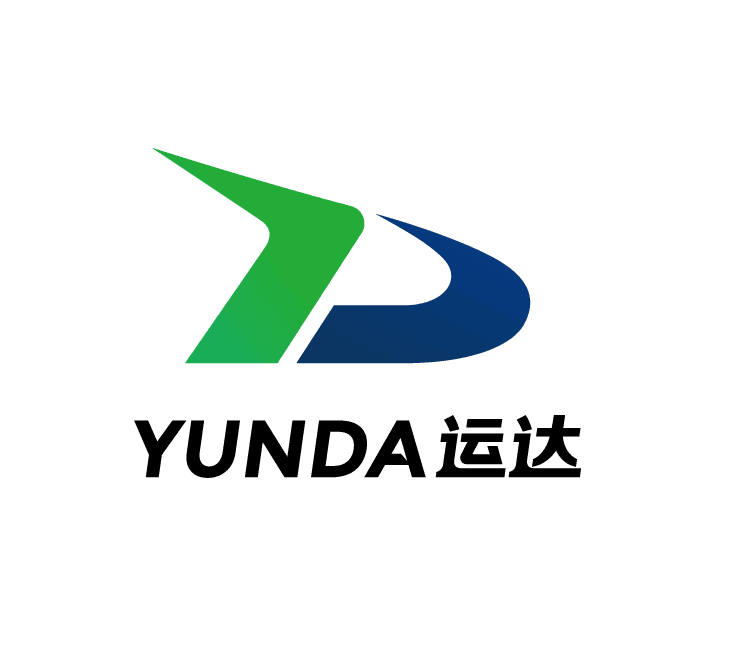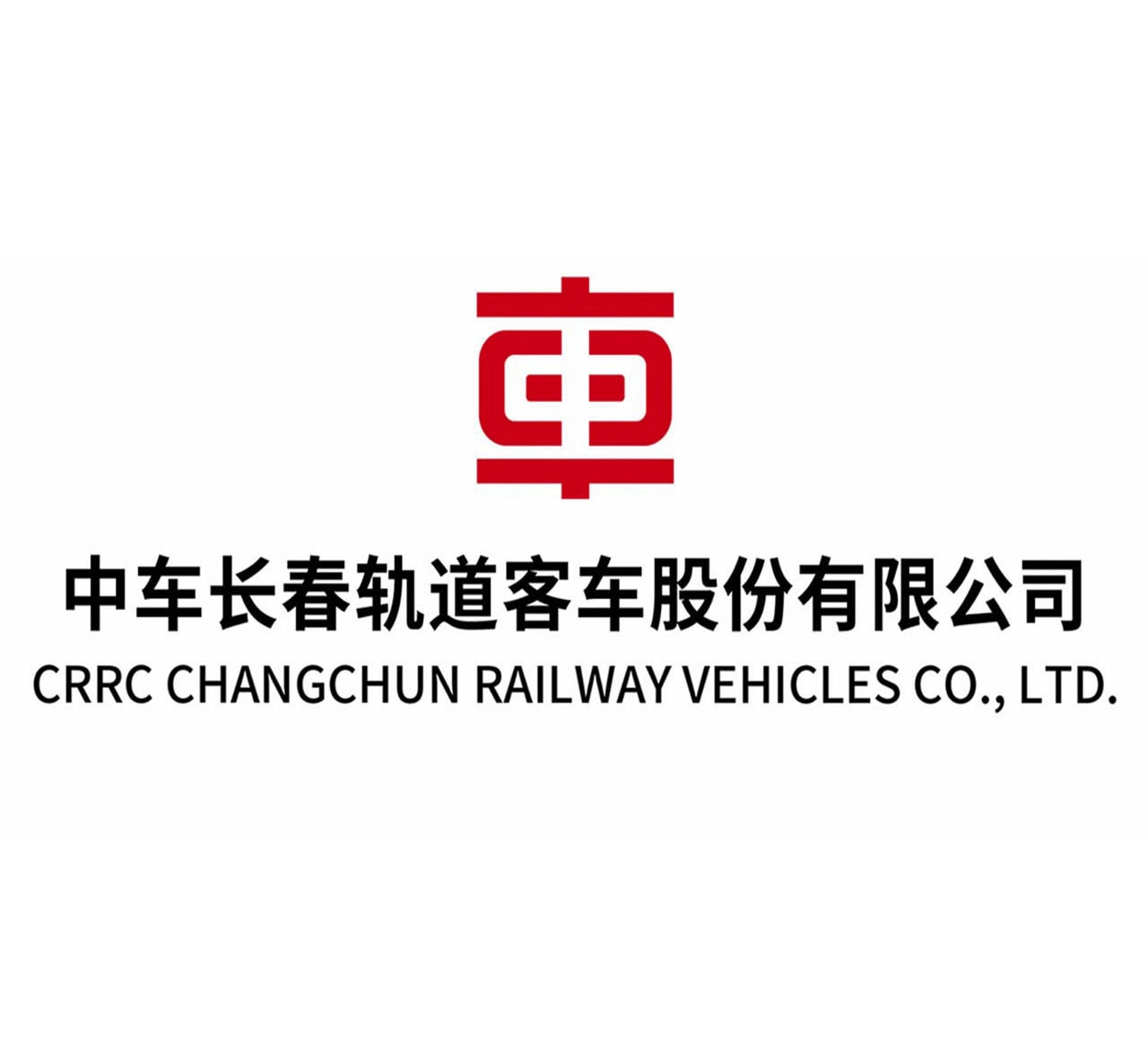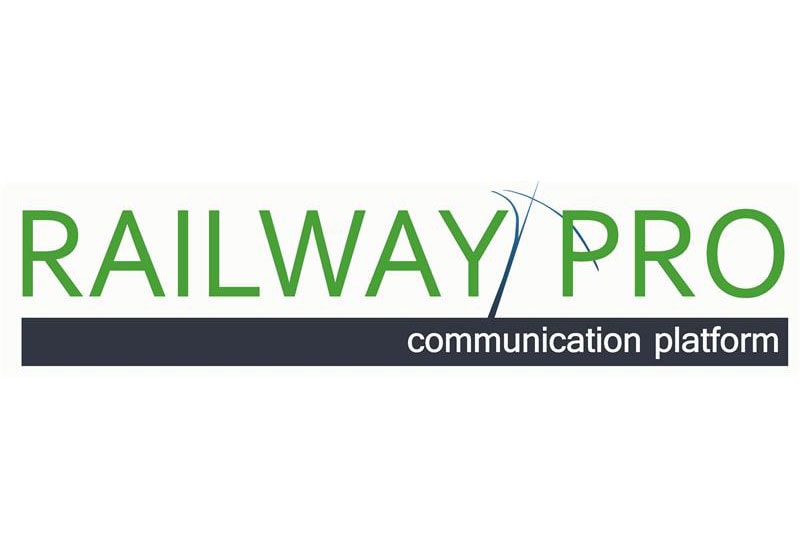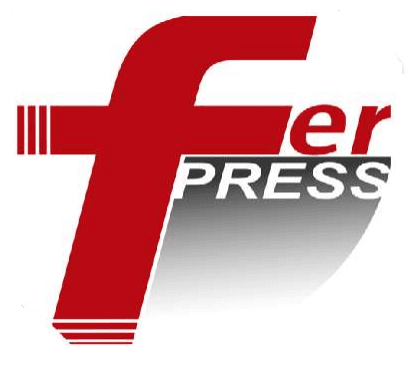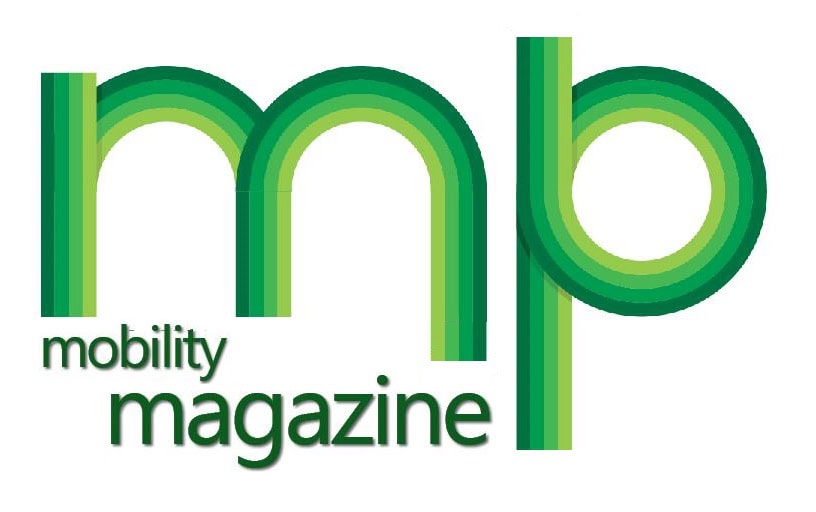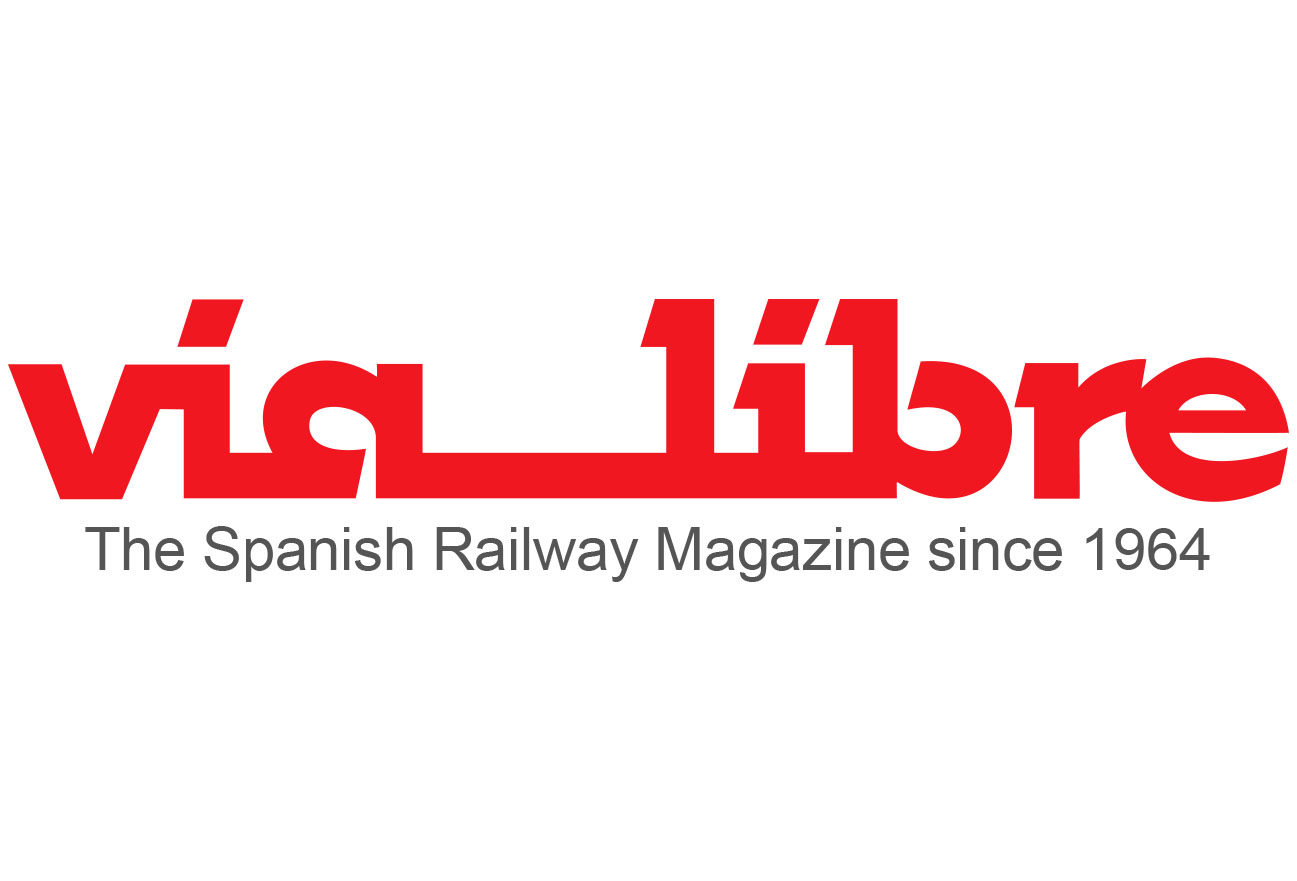7th UIC World Congress
on Rail Training
9 – 11 April 2025 | Chengdu, China
Day(s)
:
Hour(s)
:
Minute(s)
:
Second(s)
Join us for a hybrid experience: you can attend online or in person!

World Congress on Rail Training, Talent & Development
The UIC World Congress on Railway Training is a major event for academic and rail training institutions. Having been organised every two years since 2011, it brings together on average 200 participants from over 35 countries. The six previous congresses were organised in Madrid, Vienna/St Pölten, Lisbon, Berlin/Potsdam, Rabat, and Paris respectively.
The Congress targets:
- Training directors, executives, and experts
- Human resources and performance, and development professionals at all hierarchical levels in an organisation
- Rail education and vocational institutions
It aims to:
- Promote excellence in railway training through best practice models
- Highlight research findings, which are innovative and have practical applications within the industry
- Identify new challenges for training and training technologies
- Provide a unique opportunity to share knowledge and experience amongst training professionals and managers
WCRT 2025 Committee

Miguel Faro Viana
Infraestruturas de Portugal - IP
Training and Development Director

Alenka Dodig
Slovenian Railways - SZ
Slovenian Railways Training Centre

Andrew Russell
Rail Training International Ltd
Managing Director

Vito Pagliarisi
Ferrovie dello Stato Italiane - FS
Head of International Training, Development and Compensation

Barbara Grau
Société Nationale des Chemins de fer Français - SNCF
Senior Advisor European and International HR Affairs

Arpad Domjan
DB Training, Learning & Consulting
Senior Project Manager International Business

Ling Xin
Southwest Jiaotong University
Deputy Dean, Tianyou Railway Institute

Meryem Belhaj-Clot
UIC
Deputy HR Director and Head of HR Development

Yuke LI
UIC
Junior Advisor, HR Development & International Training
Topics & Sub-Topics*
Training and Education
- International & national cooperation between industry, education, training and research
- National organisation of education and training
- Training management cycle: needs analysis, design, planning, delivery and evaluation
- Specific training for High-speed trains
- Training programs for different job functions: programs, structure, contents and methods
- Management and leadership development
- Train the trainers programs
Training initiatives for rail resilience and sustainability
- Future skills, new competencies and new jobs
- Demographics, ageing and workforce planning
- Training solutions for sustainability: cost efficiency, environmental issues (i.e. lower carbon foot print, materials, long-term cost saving, etc.)
- Intergenerational knowledge transfer in railway training
- Leadership models for sustainable railway industry
Talent and Diversity & Inclusion
- Exploring differences in talent requirements in railways across the world
- Employer branding for the industry and companies
- Global and local Talent management policies and practices: how to attract, diversify, integrate, develop and retain talents
- Intergenerational talent management
- Apprenticeship and vocational training programmes (including mobility programmes) to accelerate sector visibility and attraction
- Design training programmes taking into account diversity & inclusion
- Continuous learning and professional development in railway careers
- Optimising training strategies for integration of a large number of new employees
Innovation, Research and New Technologies
- Use of innovative learning technology tools in Railway Education: AI, VR, AR, APPs, LMS, LXP, etc.
- Digitalization’s Impact on Railway Training Programs: Present & Future How does training respond to the impact of digitalisation on jobs and skills
- Changing Pedagogical Models in Railway Training: Self-study, Social Learning, Workplace Learning, Organizational Learning
- New methods and technologies in training evaluation and assessment
- Knowledge management and organisational learning within the sector
- Research trends in training and development
Health and Safety
- New training solutions for Non-Technical Skills: i.e. integrate non-technical skills in technical learning programmes, etc.
- Enhancing safety culture and security through training initiatives
- Strategies for Mitigating Fatigue through Training and Management
- Technology Applications for Enhancing Rail Safety Training
- Implementing Effective Emergency Response Training in High-Risk Work Environments
- Mental Health Awareness and Resilience through Training Programmes
- Strategies for Embedding Safety Practices in Organizational Training
*The listed sub-topics serve as indicative guidelines for abstract submission and may not all be included in the final congress program.
